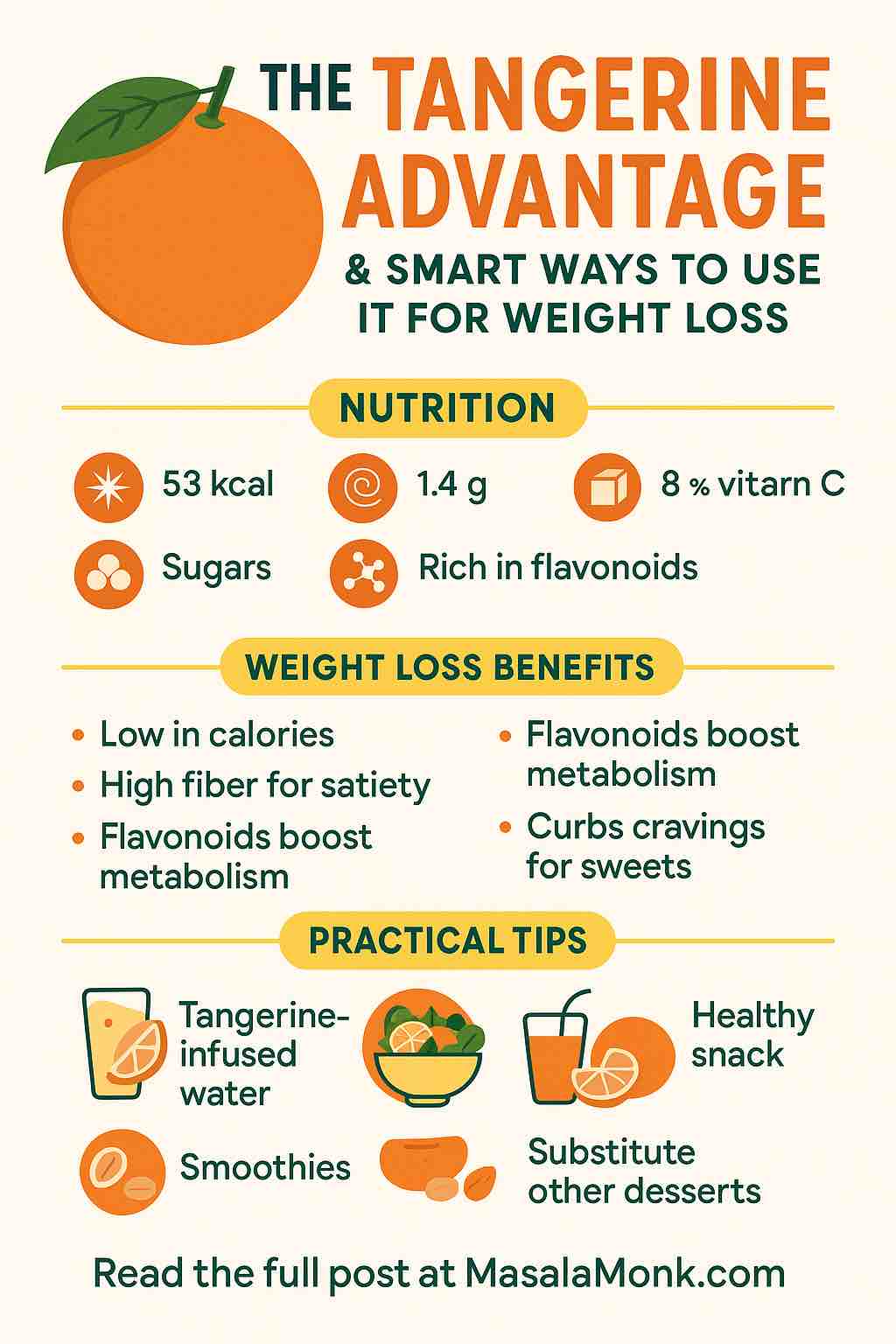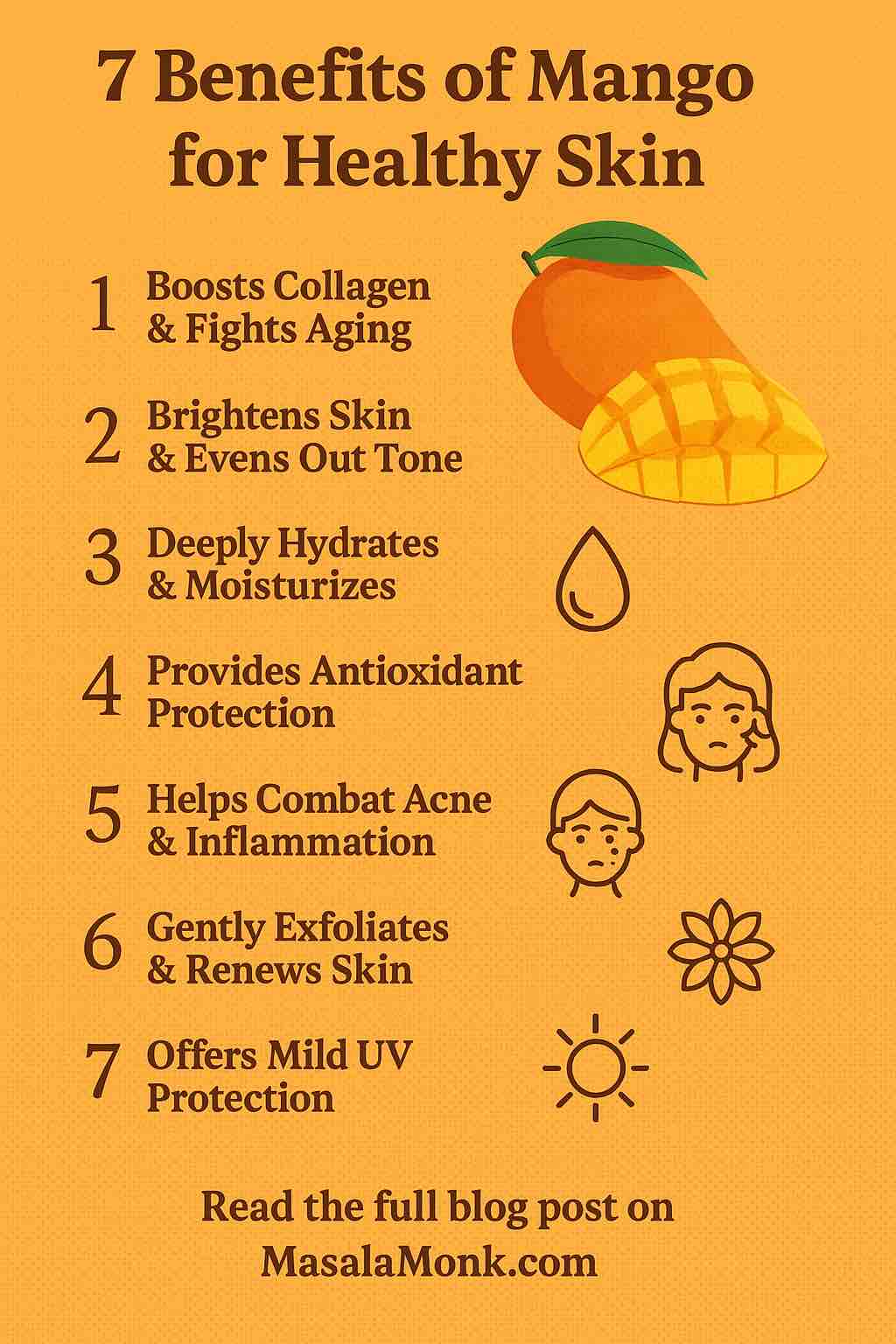
Coffee is one of the most beloved beverages worldwide, known not just for its energizing caffeine kick but also for its rich antioxidants and complex flavors. But what about decaffeinated coffee? Many wonder if decaf coffee can help with weight loss, curb appetite, or boost metabolism—especially for those who want to avoid caffeine but still reap health benefits.
In this detailed post, we’ll dive deep into the latest research, myth-busting, and practical advice about decaf coffee’s potential role in weight management. Whether you’re a coffee lover who’s switching to decaf or just curious about how it stacks up, this guide has you covered.
What Is Decaf Coffee?
Decaffeinated coffee is made from coffee beans that have undergone a process to remove most of the caffeine. While “decaf” means almost caffeine-free, it’s important to know that decaf coffee is not completely caffeine-free. An average 8-ounce cup contains about 2 to 15 milligrams of caffeine, compared to 95 to 200 milligrams in a regular cup.
Beyond caffeine, decaf coffee retains many of the bioactive compounds found in regular coffee, including antioxidants like chlorogenic acids (CGAs), which are associated with various health benefits.
Does Decaf Coffee Help You Lose Weight? What Does Science Say?
The Impact on Weight Loss — Modest but Not Miraculous
You might have heard stories that coffee helps melt belly fat or speed up metabolism. For regular coffee drinkers, caffeine is a major factor behind these effects. But what about decaf?
Recent studies have shown that decaf coffee can have modest effects on weight management, particularly due to its antioxidant content, such as chlorogenic acids. A meta-analysis of trials found that decaf coffee helped reduce waist circumference and body weight slightly, especially in individuals with cholesterol issues. These effects are subtle and should be viewed as complementary rather than primary drivers of weight loss.
In one large-scale study, researchers found that daily consumption of either caffeinated or decaffeinated coffee was associated with a reduced risk of weight gain over time. This suggests that coffee, decaf included, might support weight maintenance when incorporated into a healthy lifestyle.
Does Decaf Coffee Reduce Appetite?
Appetite Suppression: More Than Just Caffeine?
Caffeine is known to temporarily suppress appetite. But since decaf coffee has very little caffeine, can it curb your hunger?
Surprisingly, research suggests that decaf coffee may increase levels of the satiety hormone peptide YY (PYY), which signals fullness to the brain. Some studies showed that drinking decaf coffee decreased hunger sensations and increased satiety for up to three hours after consumption.
How does this work? Decaf coffee contains bioactive compounds that may influence gut hormones and blood sugar regulation, helping to control hunger without the jittery effects of caffeine. So if you’re looking for a gentle appetite suppressant without the buzz, decaf coffee could offer some mild help.
Is Decaf Coffee Fattening?
This is a common concern, so let’s clear the air.
- Calorie-wise, decaf coffee has virtually zero calories on its own.
- The only way decaf coffee becomes “fattening” is through additives like sugar, cream, flavored syrups, or whole milk.
- Decaf coffee does not slow metabolism or promote fat gain based on current evidence.
In fact, switching from high-calorie sugary drinks to plain decaf coffee could support calorie reduction and aid weight management.
Does Decaf Coffee Boost Metabolism?
Not Quite Like Regular Coffee
Caffeine stimulates the central nervous system and increases basal metabolic rate, which explains why regular coffee can boost metabolism and fat burning.
Since decaf coffee contains a fraction of the caffeine in regular coffee, its effect on metabolism is minimal.
However, decaf coffee still contains polyphenols like chlorogenic acids, which in animal and some human studies have shown modest improvements in glucose metabolism and fat oxidation. These effects are subtle and not enough to dramatically speed up your metabolism on their own.
Other Benefits of Decaf Coffee Related to Weight and Health
- Antioxidants: Decaf retains many antioxidants that combat oxidative stress and inflammation, supporting overall metabolic health.
- Better Digestive Tolerance: Decaf coffee tends to be less acidic, which can be easier on the stomach and reduce digestive discomfort, helping some people maintain healthy eating patterns.
- Hydration: Coffee is mostly water, and decaf coffee contributes to daily fluid intake, supporting hydration—important for metabolism and digestion.
Practical Tips: How to Use Decaf Coffee for Weight Management
- Drink it black or with minimal low-calorie additives to avoid extra calories.
- Replace sugary beverages with decaf coffee to reduce daily calorie intake.
- Enjoy decaf coffee as part of a balanced diet — it’s not a standalone weight loss solution.
- If you tolerate caffeine, consider moderate regular coffee intake for its stronger metabolic benefits.
- Use decaf coffee as a satisfying warm beverage that can help with appetite control between meals.
Final Thoughts: Should You Choose Decaf Coffee for Weight Loss?
Decaffeinated coffee is not a magic bullet for weight loss, but it’s a healthy beverage option that may provide modest support for weight management through appetite regulation and antioxidant effects. If you’re sensitive to caffeine or want to avoid it, decaf coffee lets you enjoy the ritual of coffee drinking without the stimulant effects.
For meaningful and lasting weight loss, prioritize balanced nutrition, regular physical activity, and sustainable lifestyle changes. Decaf coffee can be a pleasant, low-calorie part of that journey.
Have you tried decaf coffee for weight loss or appetite control? Share your experience or questions below!
FAQs about Decaf Coffee and Weight Loss
1. Does decaf coffee help you lose weight?
Decaf coffee may support weight loss modestly due to its antioxidants but lacks the strong metabolic boost from caffeine found in regular coffee. It’s best seen as a complementary beverage within a healthy lifestyle.
2. Can decaf coffee reduce appetite?
Yes, decaf coffee has been shown to increase satiety hormones like peptide YY, which can help reduce hunger for a few hours, making it a mild appetite suppressant.
3. Is decaf coffee fattening?
No, plain decaf coffee contains almost no calories. Weight gain only occurs if you add high-calorie ingredients like sugar or cream.
4. Does decaf coffee speed up metabolism?
Decaf coffee has minimal effect on metabolism compared to regular coffee because it contains very little caffeine. However, some antioxidant compounds may provide small metabolic benefits.
5. How much caffeine is in decaf coffee?
An 8-ounce cup of decaf typically contains 2 to 15 milligrams of caffeine, much less than the 95 to 200 milligrams found in regular coffee.
6. Are the antioxidants in decaf coffee beneficial?
Yes, decaf coffee retains many antioxidants such as chlorogenic acids, which can help reduce inflammation and improve metabolic health.
7. Can drinking decaf coffee replace sugary drinks for weight loss?
Absolutely. Swapping sugary beverages for decaf coffee reduces calorie intake and supports weight management.
8. Is decaf coffee easier on the stomach than regular coffee?
Generally, yes. Decaf coffee tends to be less acidic and may cause fewer digestive issues, helping some people maintain a healthy diet.
9. How should I drink decaf coffee to avoid weight gain?
Drink it black or with minimal low-calorie additives like a splash of milk or a sugar substitute to keep calories low.
10. Is decaf coffee a good choice if I’m sensitive to caffeine?
Yes, decaf coffee allows you to enjoy the taste and ritual of coffee without most of the caffeine’s stimulant effects.













